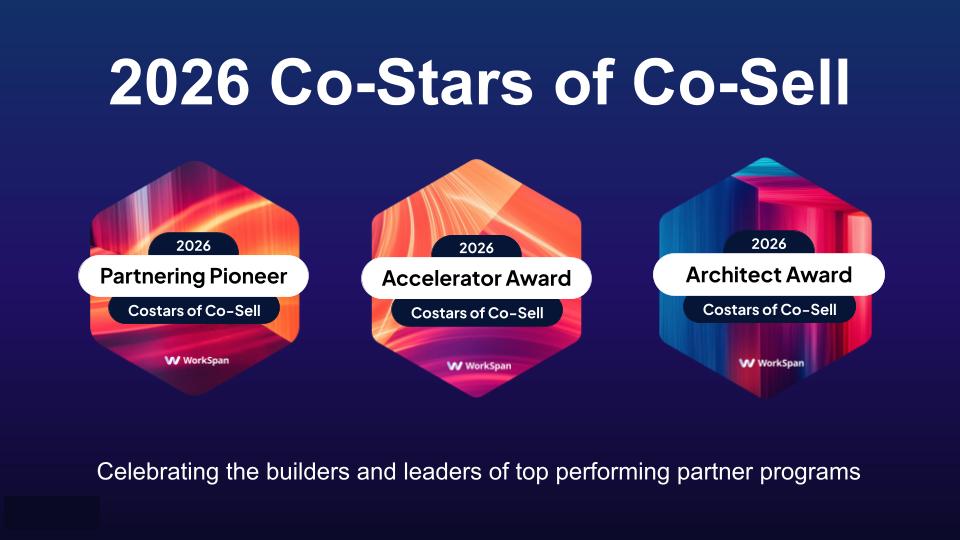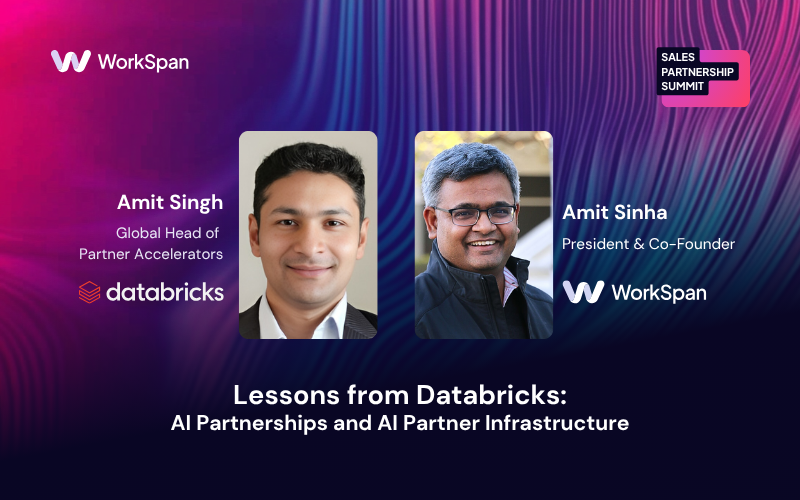.png)
One of the topics that always leads to a great discussion in the Alliance Masterclasses I facilitate, is about alliance success. Especially the question “How to define if an alliance is a success?” is a question that generates a lot of discussions.
Is the answer that synergy has been created, or that both partners are satisfied, or that the goal of the alliance has been met?
There are examples where the goal of the alliance is not being met and still both parties involved gain a lot of benefits from working together. Does that make the collaboration successful? One of the best public examples is the partnership between Tesla and Toyota as established in 2010. Within this partnership, Toyota invested 50 million USD in Tesla and Tesla acquired a Toyota factory in California for 42 million USD. The goal of the alliance was to co-develop an electrical version of Toyota’s RAV4.
In 2012 there was a nice promotional video by Toyota on the partnership and all seemed rosy. However, in the summer of 2014, the partnership was put on hold. This was caused by a combination of factors: the sales of the RAV4 EV stayed behind, there was a friction between the two parties about technology and Toyota changed its strategy to hydrogen-based fuel cells.
Did this partnership succeed or fail?
This particular case is always good for a lively discussion in the Masterclass. Some feel it failed, as they did not manage to sell the amount of RAV4 EV’s as expected. Others feel that it succeeded, as they reached the goal of creating the RAV4 EV together.
Then, to add some fuel to the discussion, I often mention that by October 2014 the original Toyota investment of 50m USD was worth 732m USD. Now more people feel that the alliance is a success, at least for Toyota. On the question whether it is a success for Tesla, many start to guess that Tesla would probably never have been able to gain access to the production plant they acquired from Toyota. A production plant that now enables Tesla to produce their Model S. However, is that a success that is contributable to the alliance?
When is an alliance a success? It seems such an easy question, but there is certainly not a simple answer to it. The best answer probably starts with “it depends …”
There are surely ways to increase your chances of alliance success; alliance success being defined in the terms of reaching the goals of the alliance and creating synergy for both partners.
The companies that follow a structured alliance process consistently report a better success rate with their alliances than average, up to 80%. The companies that approach alliances in an ad-hoc fashion report only a success rate of 20%.
Tags: alliance success, collaborative success, masterclass, success, synergy
Peter Simoons is an Executive Coach specializing in making business collaborations work. Sign up for Peter’s newsletter with weekly inspiration to help you achieve your collaborative success.
Originally published at www.petersimoons.com on June 19, 2017.
Heading
Heading 1
Heading 2
Heading 3
Heading 4
Heading 5
Heading 6
Lorem ipsum dolor sit amet, consectetur adipiscing elit, sed do eiusmod tempor incididunt ut labore et dolore magna aliqua. Ut enim ad minim veniam, quis nostrud exercitation ullamco laboris nisi ut aliquip ex ea commodo consequat. Duis aute irure dolor in reprehenderit in voluptate velit esse cillum dolore eu fugiat nulla pariatur.
Block quote
Ordered list
- Item 1
- Item 2
- Item 3
Unordered list
- Item A
- Item B
- Item C
Bold text
Emphasis
Superscript
Subscript



.png)

